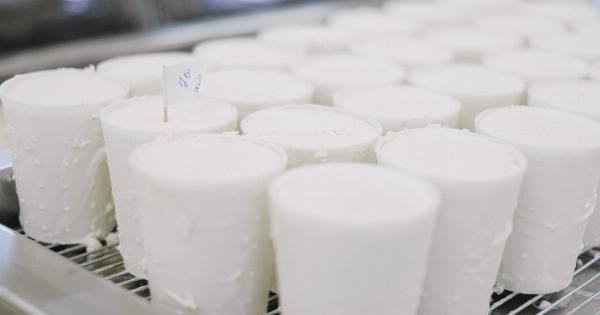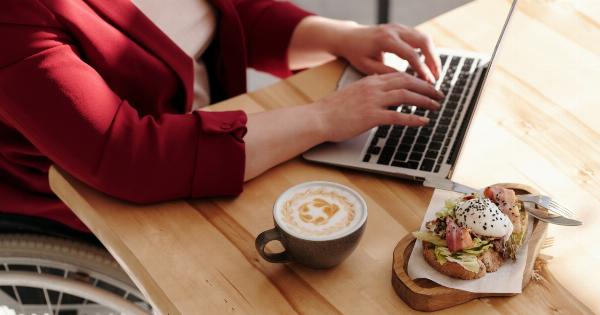While microwaves have become an essential kitchen appliance for many people, there are certain foods that should never be reheated in them.
The convenience of quickly warming up meals or leftovers can sometimes make us overlook the potential dangers and risks of using a microwave for certain types of food. If you want to avoid potential health hazards and keep your food tasting its best, here are seven foods you should never reheat in a microwave.
1. Hard-boiled Eggs
Attempting to reheat hard-boiled eggs in a microwave is a recipe for disaster. The intense heat produced by the microwave can cause pressure to build up inside the egg, leading to an explosion.
Not only can this create a mess in your microwave, but it can also be dangerous and cause burns. If you want to enjoy hard-boiled eggs again, it’s best to eat them cold or at room temperature.
2. Chicken
Reheating chicken in a microwave can lead to a dry and rubbery texture. The uneven heating that microwaves often cause can result in some parts of the chicken becoming overcooked while others remain undercooked.
This can create a breeding ground for bacteria, putting your health at risk. To maintain the taste and texture of your chicken, consider reheating it in an oven or on a stovetop instead.
3. Rice
While it may be tempting to pop a bowl of leftover rice in the microwave for a quick meal, it’s not a good idea. Rice often contains spores of a bacterium called Bacillus cereus, which can survive the cooking process.
When reheated in a microwave, these spores can multiply rapidly and lead to food poisoning. To safely reheat rice, use a stovetop or oven method to ensure that it is heated evenly and thoroughly.
4. Spinach
Reheating spinach in a microwave can be harmful to your health. Spinach contains high levels of nitrates, which when reheated can convert into nitrosamines, a compound that has been linked to certain cancers.
To preserve the nutritional value of spinach and avoid potential health risks, it is best to consume it fresh or incorporate it into cold salads.
5. Potatoes
When reheated in a microwave, potatoes can become a breeding ground for harmful bacteria like Clostridium botulinum, which can cause botulism.
This is because the slow heating and uneven temperature distribution in microwaves can create pockets of warm, moist environment that promote bacterial growth. To safely reheat potatoes, use a stove or oven method and ensure they are heated thoroughly to kill any bacteria.
6. Mushrooms
While reheating mushrooms in a microwave won’t necessarily harm your health, it can significantly affect their taste and texture. Mushrooms have high water content, and microwaving them can cause them to become soggy and rubbery.
To enjoy the best flavor and texture, it is recommended to sauté or cook mushrooms on a stovetop instead.
7. Breast Milk
It’s important to note that breast milk should never be reheated in a microwave. Microwaving breast milk can destroy essential nutrients and valuable antibodies present in the milk. It can also create hot spots that can burn your baby’s mouth.
Instead, it’s best to warm breast milk by placing the bottle in warm water or using a bottle warmer specifically designed for this purpose.
In Conclusion
While microwaving food may offer convenience and quick results, it’s essential to remember that not all foods are suitable for reheating in a microwave.
Hard-boiled eggs, chicken, rice, spinach, potatoes, mushrooms, and breast milk are some examples of foods that should never be reheated in a microwave due to health and safety concerns. By following these guidelines, you can avoid potential dangers and keep your meals delicious and safe to consume.


























